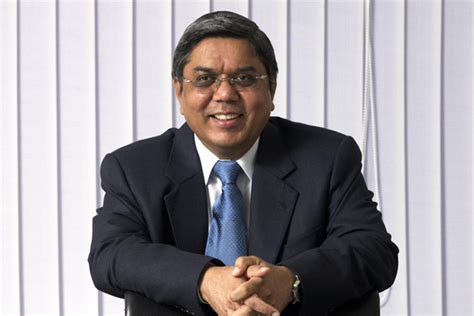A Quote by Azim Premji
We entered the global market only in the end-'80s, and that was because imports became more liberal.
Related Quotes
I decided to live as an individual and as I grew older, and thought more, and read more and experienced more, my views became more conservative. But my group is liberal. Not only that, they say, 'If you're not liberal and not a Democrat, you're not black. If you're conservative, you're a sellout.' Here, then, I'm living with that kind of a pressure against my individuality.
Globalization, meaning the global expansion of a market economy, is the only way we can guarantee widespread prosperity and peace. A lot of nations are just so small, that unless they can sell their goods and services on the market they're never going to develop, they don't have an internal market that's big enough to sustain anything.
You cannot just depend on the market, because the market will say: China needs oil; China needs coal; China needs whatever, and Africa has got all these things in abundance. And we go there and get them, and the more we develop the Chinese economy, the larger the manufacturing is, the more we need global markets - sell it to the Africans which indeed might very well destroy whatever infant industries are trying to develop on the continent. That is what the market would do.
Some economists became obsessed with market efficiency and others with market failure. Generally held to be members of opposite schools-freshwater and saltwater, Chicago and Cambridge, liberal and conservative, Austrian and Keynesian-both sides share an essential economic vision. They see their discipline as successful insofar as it eliminates surprise-insofar, that is, as the inexorable workings of the machine override the initiatives of the human actors.


































